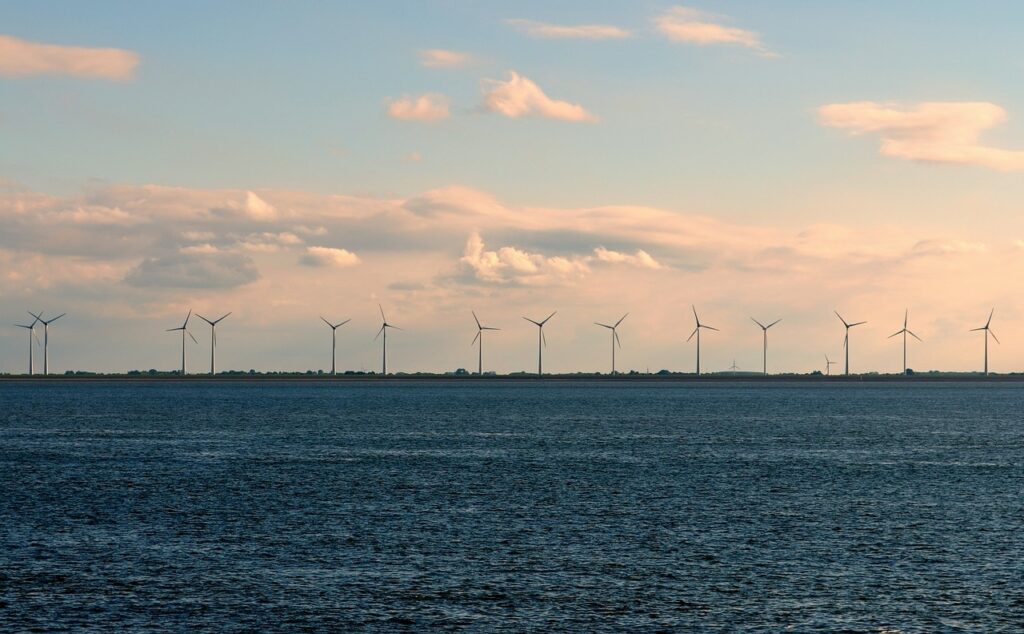Renewable energy remains the cheapest way to decarbonise the power sector, but more urgency is needed to meet the UK’s 2050 net zero target.
When the National Infrastructure Assessment was initially published the original modelling allowed for 8 MtCO2e (metric tons of carbon dioxide equivalent) of residual greenhouse gas emissions. However, the Committee on Climate Change has since updated this to suggest a 2.9 MtCO2e target must be used if the UK is to reach net zero.
As such, the National Infrastructure Commission (NIC) has remodelled aspects of its suggested pathway in the newly released Net Zero Report.
It still suggests that the UK must aim for at least 50% renewable generation by 2050, but the urgency has now been increased.
The report celebrates the progress made already, highlighting that sector emissions have fallen by around 53% in the past decade. But, “this positive progress must continue” it states, calling for a greater focus on hydrogen turbines that could complement low cost renewables and provide flexibility.
Decarbonising heating provides a greater challenge however, with emissions from heating buildings needing to be reduced to 4.1 MtCO2e, compared to the previous target of 10 MtCO2e to meet net zero by 2050. The report calls for energy efficiency measures to be implemented in the short term and trials of heat pumps and hydrogen to be accelerated.
Beyond this, the electrification of transport remains a key area for decarbonisation. The NIC calls for 100% of vehicles sold from 2035 at the very latest to be electric, and says “a switchover by 2030 would be preferable if possible”.
The government has already announced that a consultation on reducing the sale of new internal combustion engine cars from 2040 to 2035. The Prime Minister Boris Johnson unveiled the consultation earlier this year in a bid to help accelerate change.
The report praised this move, along with the government’s plans to provide £500 million to support the rollout of a rapid charging network over the next five years.
But while it said these are reassuring steps, “it remains to be seen if they will lead to action in the surface transport sector, which has so far seen little progress in reducing emissions”.
The Net Zero Report concluded with hopes that the government’s forthcoming National Infrastructure Strategy will take into account the NIC’s findings, and enact them “with the urgency demanded by the climate emergency and the new net zero target”.






